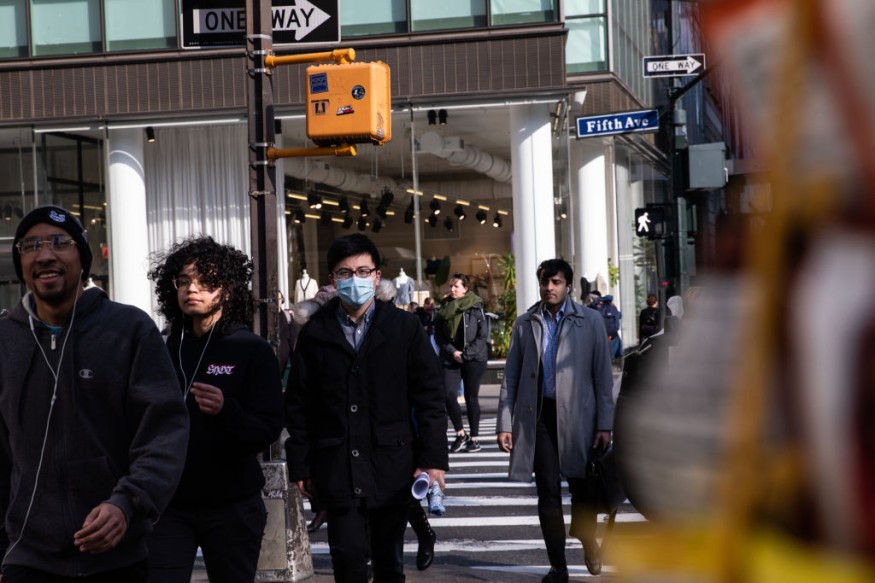Some people are just built differently, and that is exactly what makes them special and unique. While some humans have a high percent tendency to be genetically identical to each other, there's always that difference, no matter how tiny, that leaves space for something unmatched.
A tweak in genetic code, one might say, that makes him or her one step ahead of another.
For instance, if you ask people about their experiences with deadly diseases, you might get different answers. There's always someone who battles it with ease, some with a lot more effort, and some with nothing at all. After all, you can't fight a battle without a weapon.
However, that doesn't mean it's too late for others. These special genes are somehow responsible for resistance to diseases. A new study implies that there may be people who are resistant to deadly diseases, like the notable coronavirus, and this can provide useful innovations in the future like creation of drugs or therapies, especially in today's global health emergency.
We never know, but you might hold the key to potentially ending the global pandemic.
The 'Lucky Few'

Since the beginning of the COVID-19 pandemic in 2019, there has been global efforts to treat and aid the infection, until such time that vaccines have been made available, giving a little bit of hope to people. However, scientists believe we could do more - dissecting the human genetic basis of resistance to SARS-CoV-2 infection.
"The introduction of SARS-CoV-2 to a naive population, on a global scale, has provided yet another demonstration of the remarkable clinical variability between individuals in the course of infection, ranging from asymptomatic infections to life-threatening disease," a team of researchers, led by immunologist Evangelos Andreakos from the Academy of Athens wrote in a paper.
"Our understanding of the pathophysiology of life-threatening COVID-19 has progressed considerably since the disease was first described in December 2019, but we still know very little about the human genetic and immunological basis of inborn resistance to SARS-CoV-2."
Nonetheless, the study suggested that some highly exposed individuals may be resistant to infection with this virus. The 'lucky few', as they call it, like winning a sort of biological lottery.
Uncovering the genetic secret
To better understand what a certain population's genetic resistance to SARS-CoV-2 holds, the researchers have a few assertions.
"We propose a strategy for identifying, recruiting, and genetically analyzing individuals who are naturally resistant to SARS-CoV-2 infection."
"We first focus on uninfected household contacts of people with symptomatic COVID-19. We then consider individuals exposed to an index case without personal protection equipment, for at least 1 hour per day, and during the first 3-5 days of symptoms in the index case", with negative PCR tests and negative blood work four weeks after the exposure.
The study has now involved more than 400 individuals that have met the standards and still continuing with their research.
With COVID-19 still brightly ahead of us for a longer time, we rely on great minds to bring a little bit of normalcy in our lives.
© 2025 NatureWorldNews.com All rights reserved. Do not reproduce without permission.





